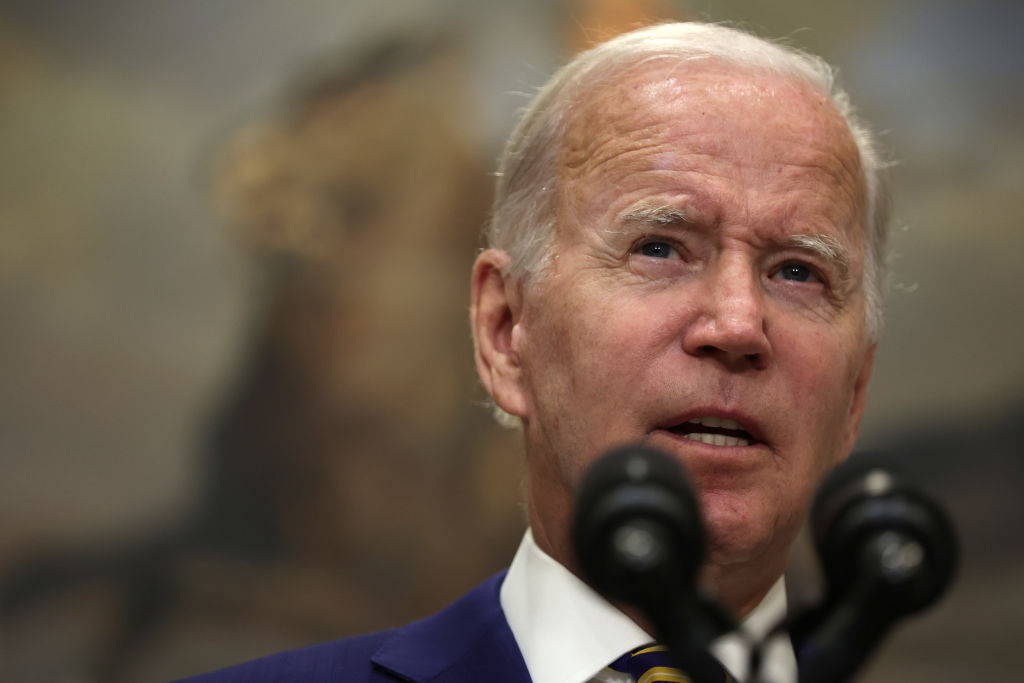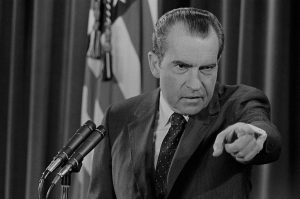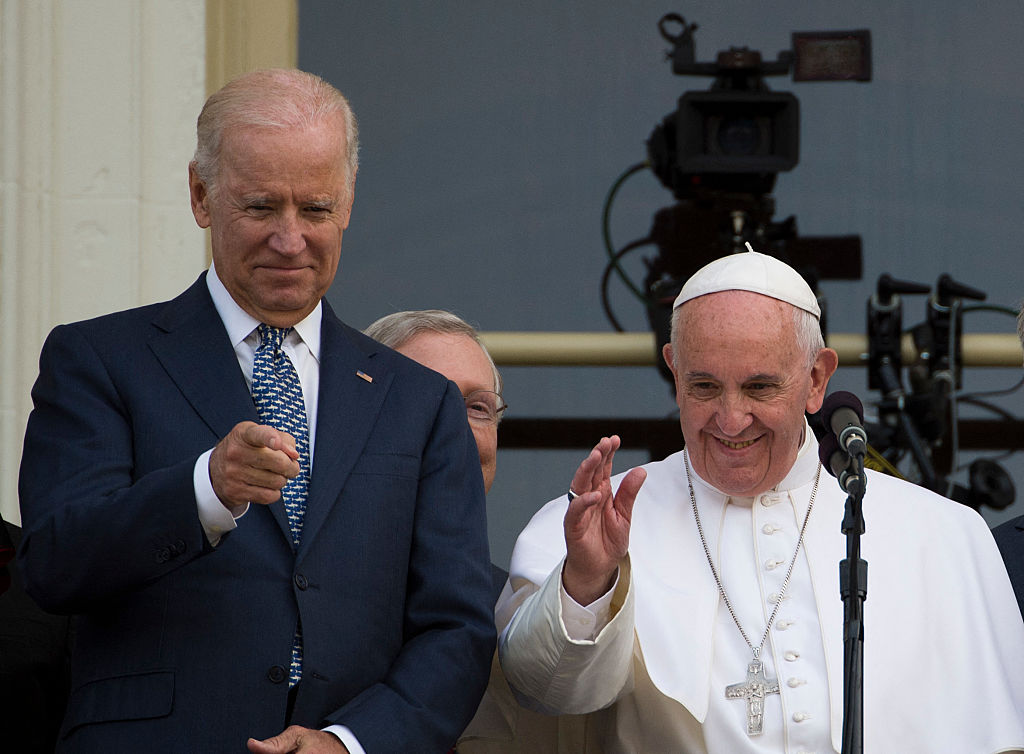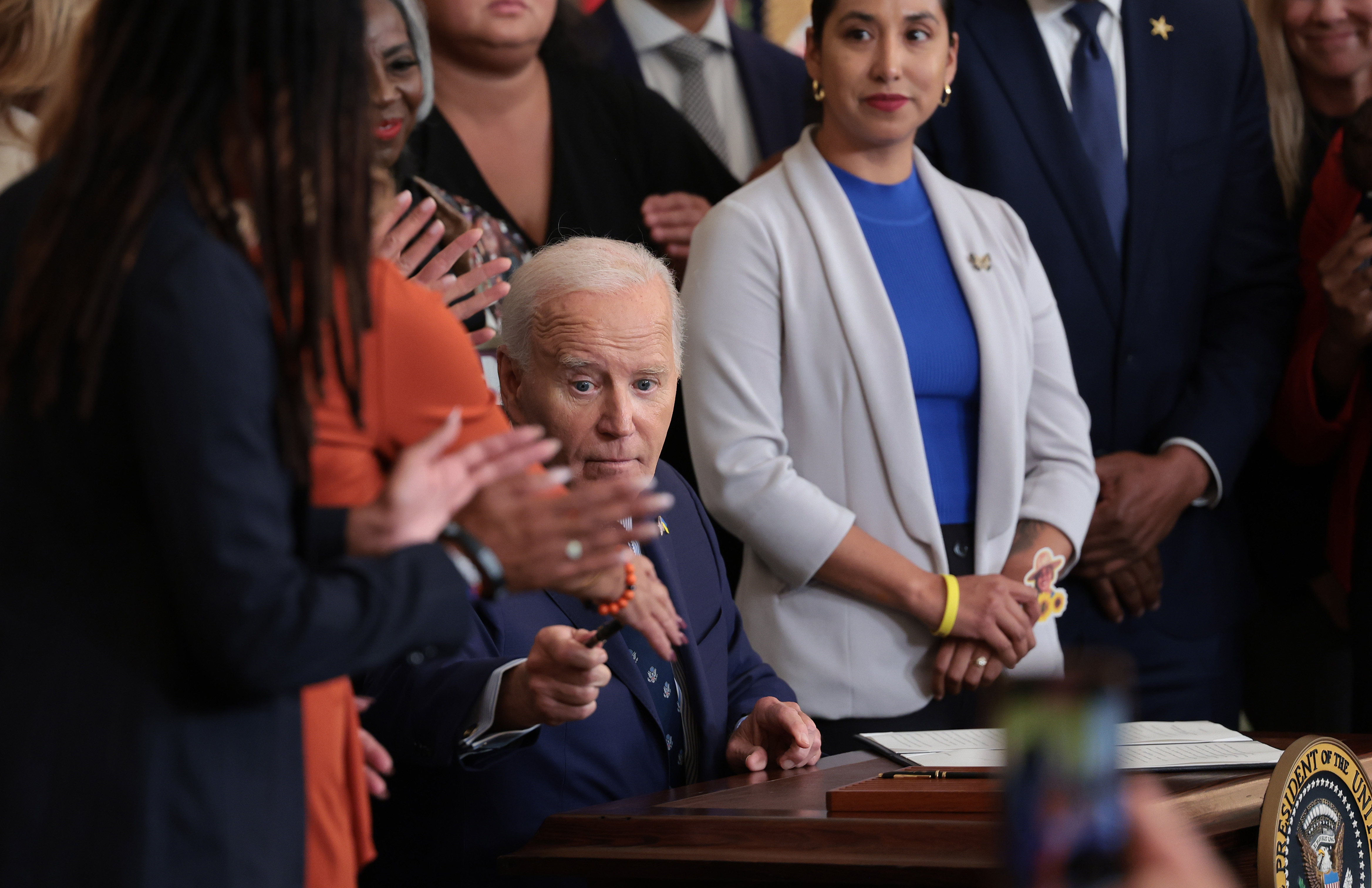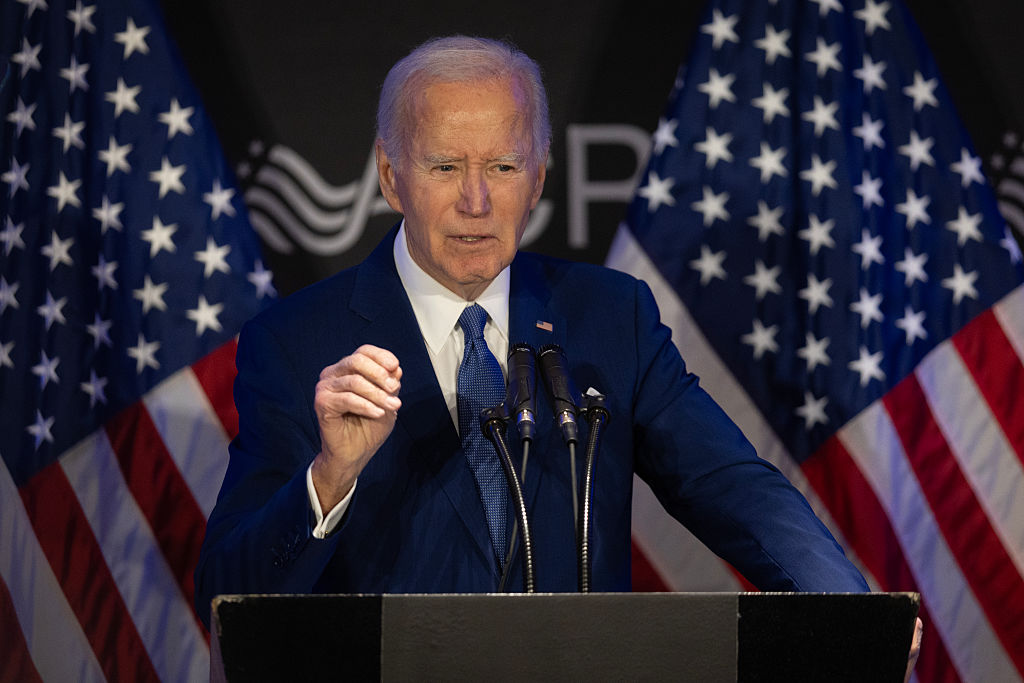In a somewhat shocking turn of events, President Biden has just pardoned all people with federal convictions for simple marijuana possession and has asked his administration to reconsider the way marijuana is classified in current code.
In his remarks on Thursday, Biden said, “Too many lives have been upended because of our failed approach to marijuana. It’s time that we right these wrongs.”
While this is a major step toward decriminalizing marijuana, the key terms here are “federally convicted.” The number of people who are currently serving time for marijuana possession, excluding trafficking convictions, leaves only around 6,500 in prison — not including those who fall under the DC code.
Many have been quick to applaud the president’s action, but it is vital to highlight that this pardon is opportunely timed with the midterm elections just around the corner. It is purely political, aimed at boosting the Democrats’ polling numbers rather than trying to effect real change.
The majority of policing marijuana possessions is typically done at the state level. The number of those who are incarcerated for possession of cannabis is significantly higher there than at the federal level, having exceeded 500,000 in 2019.
As Udi Ofer, former deputy national political director at the American Civil Liberties Union, noted, possession of marijuana is a crime “almost entirely prosecuted by the states…it’s progress but this is a drop in the ocean of injustice.”
The Biden administration has been polling well lately with millennials and Gen. Z. They’re trying to replicate — if not exceed — the stark voter turnout numbers we saw from those demographics in 2020 in the coming midterm elections. These pardons appear to be a last-minute attempt to avail those political efforts.
However, if you check Twitter — the premier news source for those under the age of 35 — many were making light of the fact that Biden’s own VP, Kamala Harris, made a notorious career off of over-policing the very same crime.
Joe deleting half of Kamala’s CV lol
— Screamer Jim (@HeheWaitWhut) October 6, 2022
We should remember, however, that regardless of Biden’s intention with this pardon, it’s a powerful moment for the thousands currently incarcerated for non-violent possession of marijuana.
That said, more change is needed. More reform is required. And we will find out over the next two years whether Biden is truly serious about freeing those punished for this nonviolent crime.



